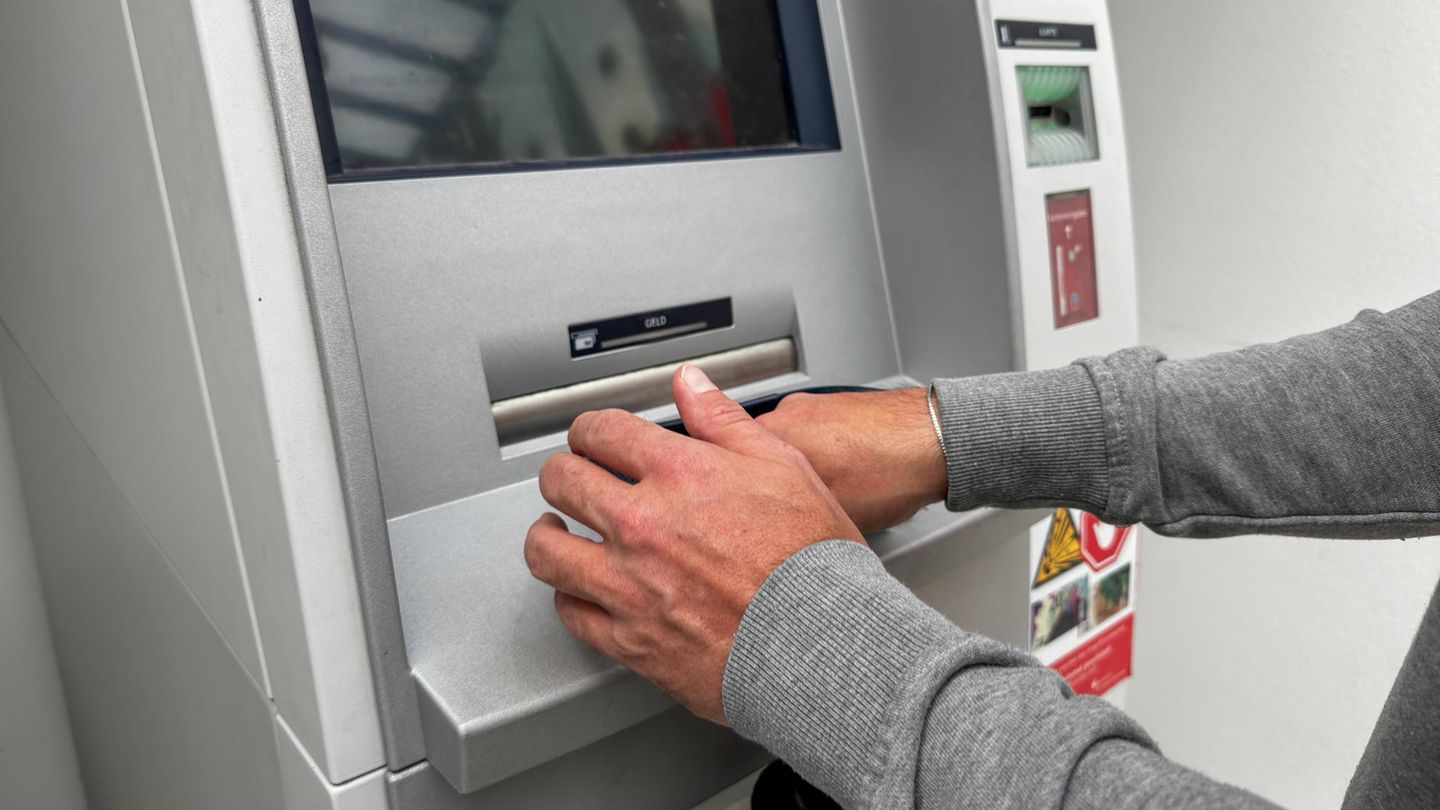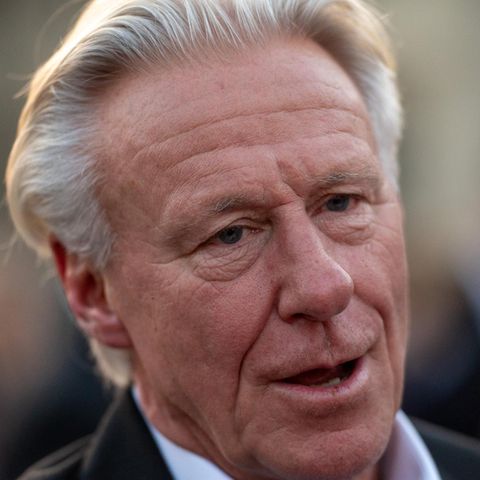Deutsche Bank did good business in the second quarter as well. The board of directors does not consider this to be a snapshot. Germany’s largest financial institution has to deal with some burdens.
At Deutsche Bank, confidence has grown after the most successful half-year since 2015. The group restructuring is progressing, costs are falling and CEO Christian Sewing expects significantly fewer loan defaults due to the corona crisis than previously estimated.
“The pre-tax profit of 1.2 billion euros in the second quarter confirms: We are well on the way to our target return of eight percent in the coming year,” said Sewing on Wednesday in Frankfurt.
After taxes, Deutsche Bank earned 828 million euros in the period from April to June. Minority interests and interest payments for certain bonds still have to be deducted from this, so that the Deutsche Bank shareholders’ bottom line was a profit of 692 million euros. A year earlier there was a loss of 77 million euros. Now there was a net profit of 1.6 billion euros in the books in the first half of the year.
“As in the first quarter, all of our business areas were more profitable than in the previous year,” said Sewing. The income – i.e. the total income – was just over 6.2 billion euros, however, just below the same quarter of the previous year. This was mainly due to declines in the investment bank. A year earlier, the division had benefited from the turbulence on the financial markets at the beginning of the Corona crisis.
In the private customer business, Deutsche Bank was able to increase its income by three percent, although the judgment of the Federal Court of Justice (BGH) on bank charges had a negative impact. The BGH ruled at the end of April that banks must obtain the consent of their customers in the event of changes to general terms and conditions. Many fee increases are therefore suspended for the time being, and bank customers can claim back some of the fees that have been paid too much.
Business at the fund subsidiary DWS was good. It collected almost 20 billion euros in new investment funds in the second quarter, and income and pre-tax profit increased more than expected. DWS now expects a significant increase in adjusted profit before taxes for the full year.
The corporate restructuring of Deutsche Bank, which also cuts thousands of jobs, is making headway. According to the institute, 90 percent of the reconstruction costs estimated at 8.1 billion euros have been processed. The adjusted costs excluding renovation costs fell year-on-year by six percent to 4.6 billion euros. In the same period, the Dax group cut a good 3,000 full-time positions, so that at the end of June, just under 84,000 full-time employees were still working at the bank.
“Now it is important that we continue our renovation in a disciplined manner”, Sewing wrote to the employees. “We have to stay on the ball with all the cost factors that we can influence ourselves.” From now on, however, the board of directors no longer wants to focus on a fixed cost target, but rather on the relationship between expenditure and income. The group’s costs are expected to drop to 70 percent of income by 2022. So far, Sewing had set a cost target of 16.7 billion euros. If the bank now beckons additional income, the costs should also be allowed to be higher.
In fact, the top Deutsche Bank expects higher income for this year and next than was forecast in December. In doing so, she assesses a “considerable part” of the growth since 2019 as sustainable.
The institute also benefits from the fact that the economic environment is stabilizing. The management is therefore expecting significantly fewer loan defaults: The risk provision for endangered loans this year should only account for 0.2 percent of the loan volume. This corresponds to around 900 million euros, said CFO James von Moltke in a conference call. If the economy develops better, it can get even less.
At the end of April, the bank was still assuming risk provisions of 1.1 billion to 1.2 billion euros. In the Corona year 2020, Deutsche Bank had set aside around 1.8 billion for possible loan defaults. In the first half of 2021 it was 144 million euros.
Deutsche Bank can also make good use of this relief and the additional income. On the other hand, the board of directors expects an additional burden of 400 million euros for the European bank resolution fund and the statutory deposit insurance in Germany. The latter had recently been heavily burdened by the bankruptcy of the Greensill Bank in Bremen.
Deutsche Bank shareholders can hope for a profit distribution after two zero rounds: The bank has already set aside 575 million euros for a possible dividend for the 2021 financial year. The Deutsche Bank share was on Wednesday morning with a clear plus to more than eleven euros at times the front runner in the German share index.
Jane Stock is a technology author, who has written for 24 Hours World. She writes about the latest in technology news and trends, and is always on the lookout for new and innovative ways to improve his audience’s experience.




